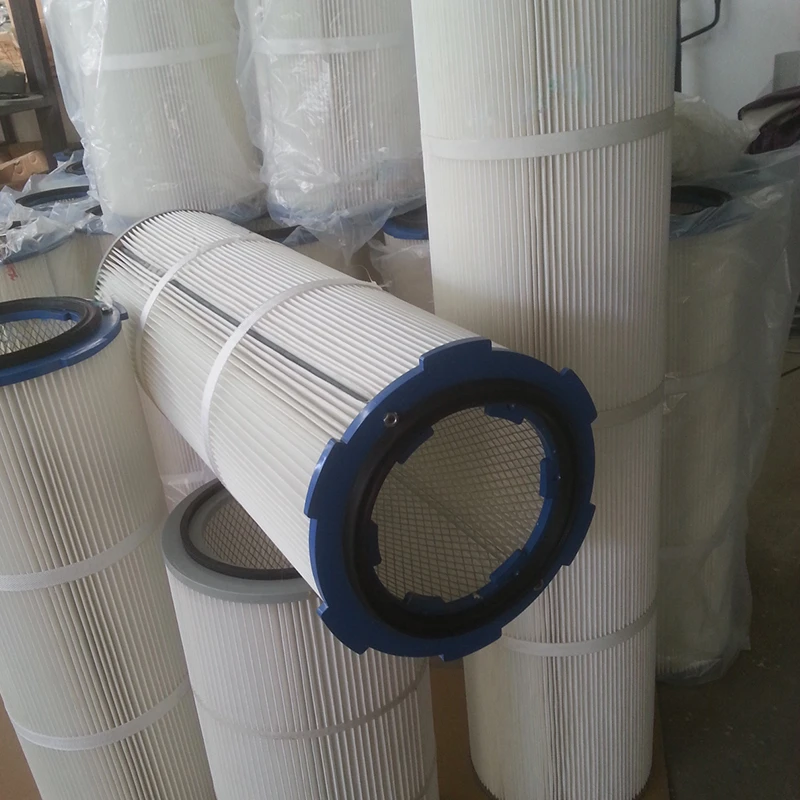 Tel:
+8615930870079
Tel:
+8615930870079
Dez . 11, 2024 12:29 Back to list
Optimizing Turbine Air Intake Filters for Enhanced Performance and Efficiency
Understanding Turbine Air Intake Filters Essential Components for Optimal Performance
Turbine engines, widely used in aviation and power generation, rely heavily on clean air for efficient operation. One critical component that plays a pivotal role in maintaining air quality is the turbine air intake filter. These filters ensure that airborne contaminants do not enter the engine, which can lead to decreased performance, increased maintenance costs, and potentially catastrophic failures. In this article, we will explore the function, types, benefits, and maintenance of turbine air intake filters.
The Function of Turbine Air Intake Filters
Turbine air intake filters serve to prevent dust, dirt, moisture, and other impurities from entering the engine. Contaminants can cause erosion of turbine blades, clogging of fuel injectors, and even damage to sensitive components within the engine. The primary function of these filters is to enhance the longevity and efficiency of the turbine. Clean air results in optimal combustion, which not only improves performance but also reduces emissions, making it an essential consideration for environmentally conscious operations.
Types of Turbine Air Intake Filters
There are several types of turbine air intake filters, each suited for specific applications and environments. The most common types include
1. Synthetic Filters Made from synthetic materials, these filters offer excellent filtration capabilities while maintaining a lower airflow resistance. They are lightweight and often water-resistant, making them ideal for various operating conditions.
2. Fiberglass Filters These filters are highly effective in capturing particulate matter and are typically used in harsh environments. They offer a good balance of filtration efficiency and airflow.
3. Pleated Filters Featuring a pleated design, these filters provide a larger surface area, enhancing their ability to trap contaminants while facilitating maximum airflow. Pleated filters are often used in applications where space is limited.
4. Carbon Filters While primarily used for odor and VOC (volatile organic compounds) absorption, carbon filters can also assist in filtering air impurities. They are often used in conjunction with other filter types in more specialized applications.
turbine air intake filters

Benefits of Using Turbine Air Intake Filters
The benefits of using appropriate turbine air intake filters are multiple. Firstly, they significantly enhance engine performance by ensuring that only clean air enters the combustion chamber. Cleaner air leads to better fuel combustion, increased efficiency, and reduced fuel consumption. Secondly, these filters help extend the lifespan of the turbine engine. By preventing contaminants from causing wear and tear, they reduce the frequency and cost of maintenance interventions. Thirdly, using high-quality filters contributes to improved environmental compliance. By lowering emissions and ensuring that engines operate within specified limits, companies can adhere to stringent environmental regulations.
Maintenance of Turbine Air Intake Filters
Regular maintenance and timely replacement of turbine air intake filters are crucial for optimal engine performance. The frequency of maintenance checks will depend on several factors, including the operating environment, the type of filter used, and specific engine requirements.
1. Regular Inspections Operators should routinely check the condition of the filters. Signs of clogging or damage may indicate that replacement is necessary.
2. Cleaning Some types of filters, particularly synthetic and foam filters, can be cleaned and reused. This not only saves costs but also reduces waste. Proper cleaning methods should be followed to ensure the filter's integrity remains intact.
3. Replacement Following the manufacturer's guidelines regarding replacement intervals is vital. Relying on too old or damaged filters can compromise engine performance and reliability.
4. Environmental Considerations When selecting and disposing of filters, it’s essential to consider environmental impacts. Opting for eco-friendly materials and disposal methods can help reduce environmental footprints.
Conclusion
Turbine air intake filters are indispensable components that ensure the longevity and efficiency of turbine engines. By facilitating clean airflow, these filters not only optimize engine performance but also contribute to reduced emissions and lower operational costs. Understanding the various types of filters and maintaining them properly is key to achieving optimal results in any turbine-powered application. As technology advances, we can expect further innovations in filter design and materials, paving the way for even greater efficiency and sustainability in the future.
-
Nano Fiber Technology: Revolutionizing Cartridge Dust Collector FiltersNewsAug.06,2025
-
How Activated Carbon Air Cartridges Eliminate OdorsNewsAug.06,2025
-
Dust Filter Cartridge Handling Fine Particulate MatterNewsAug.06,2025
-
Cartridge Dust Collector Filter for Welding Fume ExtractionNewsAug.06,2025
-
Activated Carbon Filter Cartridge Effectiveness Against VOCsNewsAug.06,2025
-
Activated Carbon Air Filter Cartridge Benefits ExplainedNewsAug.06,2025

 Email:
Email:





